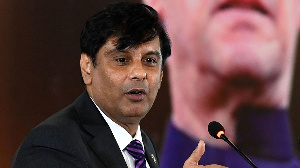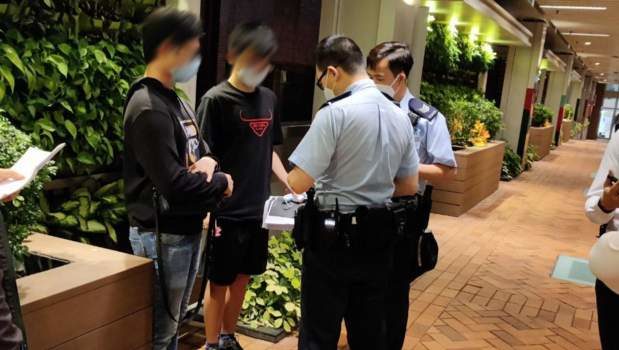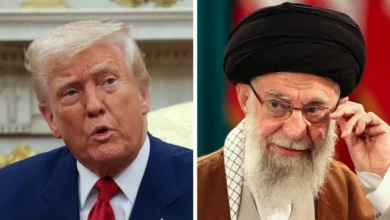Arshad Sharif’s family demand justice as they grieve ‘kind-hearted’ journalist killed in Kenya

When a prominent Pakistani investigative journalist was shot dead by Kenyan police on a dirt road on the outskirts of Nairobi, the questions began swirling immediately.
How did he come to be there? Why did the police shoot at his vehicle? And did his outspoken reporting – often critical of the military establishment that wields considerable power in Pakistan – have anything to do with his death?
One month since Arshad Sharif was killed, Kenyan and Pakistani authorities have not concluded their reports nor have there been any arrests in the case.
Conflicting accounts offered by the Kenyan police and Pakistani authorities have not provided further clarity. First, police said it was a case of mistaken identity. Later, they said shots were fired from the journalist’s car. Pakistan’s interior minister has cast doubt on the police reports, claiming earlier this month that it was a “targeted killing,” adding that more evidence was needed to “to confirm all this.”
Pakistani media have aired various lurid theories about the night Sharif died. Some reports suggested the journalist was tortured for hours before he was shot dead, alleging broken fingers, broken ribs, missing fingernails, and other torture marks.
However, post-mortem reports from separate autopsies carried out in Kenya and Pakistan, obtained by CNN, both concluded that Sharif died from multiple injuries after gunshots to the head and chest. Neither of the reports documented evidence of torture.
Pakistani media have alleged his fingernails were removed by torture, but it’s standard in Kenya to extract fingernails in an autopsy for DNA, Dr. Ahmed Kalebi, an independent pathologist in Nairobi who has reviewed both reports told CNN.
The conflicting stories have sown doubt and frustration for Sharif’s family, who are skeptical they will get answers to the mystery of his death.
“I have no faith in the Pakistani government,” his mother, Riffat Ara Alvi told CNN in a video interview.
She said she wrote a letter to Pakistan’s Chief Justice this month imploring the Supreme Court to set up a judicial commission “to determine the real motive and identify criminals behind this heinous crime.”
“It’s not possible to get justice in Pakistan and in Kenya. I know that. But I request all the international journalistic organizations and United Nations to investigate this killing,” his widow, Javeria Siddique told CNN.
CNN has contacted Pakistan’s high commission in Nairobi for comment on the case.
A vocal critic
In his home country, Sharif was a critic of the Pakistani military and an ally of former prime minister Imran Khan, who was ousted in April after a no confidence vote in parliament. Sharif’s vocal opposition to the current administration earned him many enemies and his family and friends say left the journalist so terrified for his life, he fled the country.
He also faced sedition charges for allegedly criticizing state institutions and “abetting mutiny” within the military. Former Prime Minister Khan described Sharif, 49, as “one of the best investigative journalists in Pakistan,” and told CNN on November 7 that Sharif had exposed a plot against him, without giving further details.
“This guy was exposing this whole plot against me. He was hounded out of Pakistan,” Khan claimed.
CLICK HERE TO DOWNLOAD PRESS RADIO MOBILE APP
Khan was himself shot at a political rally earlier this month and his party called the attack an assassination attempt by establishment figures – which has been vehemently denied by the government and security officials.
Source: edition.cnn.com







